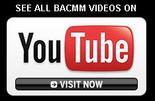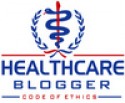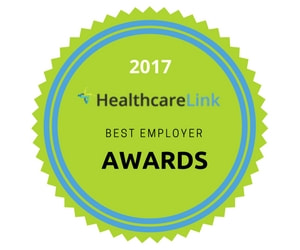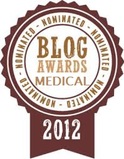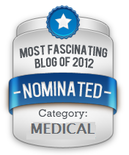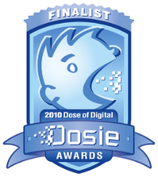If word-of-mouth is the best advertising, how can you make sure the word about your practice is positive?
Word-of-mouth works effectively for three reasons, all of which come back to credibility.
1. Friends give recommendations from their personal experience.
2. They do it naturally and sincerely without a sales pitch.
3. They get nothing from the recommendation other than the appreciation of their friends. (In fact, they run the risk of losing credibility with a bad recommendation).
For all three reasons, word-of-mouth has always been a highly credible source of information.
No one will argue that the best way to insure strong, positive word-of-mouth is to provide excellent customer service.
But critical information about managing word-of-mouth, and how it affects your practice, has come from a study of placebos conducted at the University of Michigan, Ann Arbor.
Neuroscientist (and radiologist) Jon-Kar Zubieta and colleagues monitored the nucleus accumbens as volunteers were subjected to what appeared to be two, non-related tests.
Subjects were given a placebo “painkiller” before being stuck by a needle.
On a different day, so as to appear to be a different test, they played a game in which they could win money.
Zubieta and his colleagues were surprised to find a strong link between reward processing, evidenced by the placebo response, and simultaneous changes in the brain’s reward center (the nucleus accumbens). Those who most enjoyed the game were also those most affected by the placebo. Zubieta says “If you have the capacity to respond to reward, then you have the placebo effect.”
Because placebos have no therapeutic effect, it’s long been assumed that they work only through the power of suggestion. As long as the individual being treated expects the treatment to provide aid in healing, it frequently does. But Zubieta’s research indicates that placebos aren’t simply the result of “faith.” They appear to work by triggering a specific pleasure response.
The ability to predict which people will react well to placebos is exciting to medical researchers, who see possibilities for new treatments.
Marketers also see possibilities.
As already pointed out, excellent customer service is the best way to trigger strong, positive word-of-mouth. Notice how many ads show people in the act of enjoying their purchase. This sets the expectation of positive purchase experience high in the nucleus accumbens potential customers who see / hear / read that ad.
And both medical researchers and marketing professionals understand the importance of doing nothing to contradict the expectations they’ve created in the minds of prospective patients or customers. When the actual purchase experience disappoints the customer, the mental dissonance is comparable to a patient being told the placebo treatment has no value.
Violated expectations lead to negative word-of-mouth. Enough difference between the experience the customer expected, and the one she experienced, can actually increase the perception of bad service. Conversely, the placebo effect predicts that average service, as long as it doesn’t contradict her expectations, may be judged as superior.
How do you apply the placebo effect to the marketing of your practice?
In your ads, tell your patients what to expect. Tell them to call. Tell them when to call (for instance, today during business hours). Tell them why to call (to schedule an appointment for a consultation). Tell them of the benefits of consulting with you. Tell them how they’ll feel.
Then don’t disappoint them.
The good news? You don’t have to be perfect; just better than average!
|
0 Comments
Leave a Reply. |
AuthorBruce A. Cadkin, MBA President BAC Medical Marketing Archives
October 2019
Categories
All
I'm an expert on Maven!
|

 RSS Feed
RSS Feed









